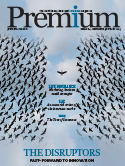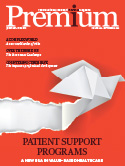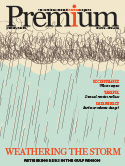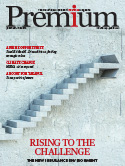PRA, FCA host first CFRF meeting
UK’s Prudential Regulatory Authority (PRA) and FCA (Financial Conduct Authority) recently hosted the first meeting of the Climate Financial Risk Forum (CFRF). The objective of the CFRF is to build capacity and share best practice across financial regulators and industry to advance financial sector responses to the financial risks from climate change.
It brings together senior representatives from across the financial sector, including banks, insurers, and asset managers and will meet three times a year, reporting to Sam Woods (CEO of the PRA and deputy governor at the Bank of England) and Andrew Bailey (CEO of the FCA).
Climate change and society’s response to it presents financial risks that are relevant to the PRA’s and FCA’s objectives. While these risks may crystallise in full over longer-time horizons, they are becoming apparent now. Firms are enhancing their approaches to managing these risks, but face barriers to implementing the forward-looking, strategic approach necessary to minimise the risks. The CFRF aims to reduce these barriers by developing practical tools and approaches to address climate-related financial risks.
Membership is representative of the UK financial sector, including firms of varying size, business model, and maturity of approach to climate-related risks.
Aviva, Legal & General, Lloyd’s of London, RSA Insurance Group and Zurich are members from the insurance industry while the asset managers who are members include Blackrock, Hermes, Invesco, Schroders and Standard Life Aberdeen.
At its first meeting, the forum decided to set up four working groups to focus on risk management, scenario analysis, disclosure, and innovation. Each working group will be chaired by a member of the forum and will meet more frequently than the CFRF, reporting back at each CFRF meeting. The aim is to produce practical guidance on each of the four focus areas. The final outputs will be shared with industry more widely. Membership of the working groups will be wider than the forum to allow them to draw on expertise as necessary, such as from academia and industry.





































